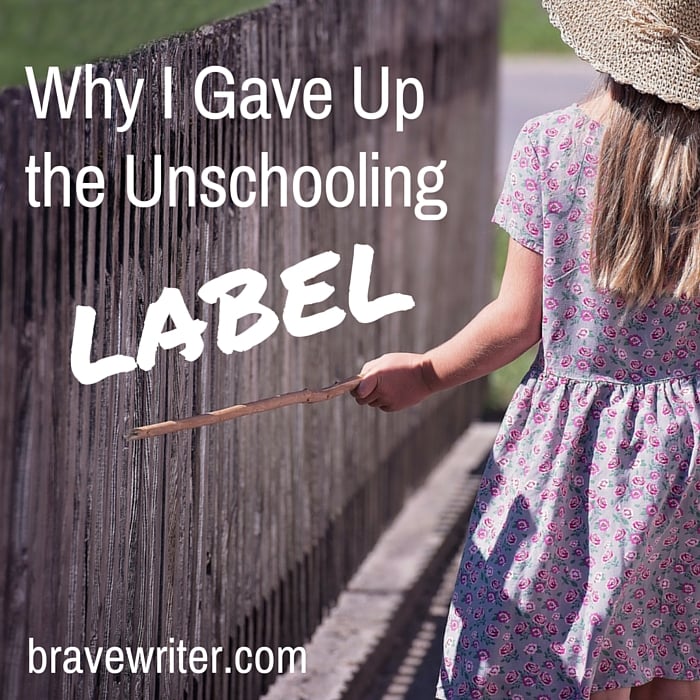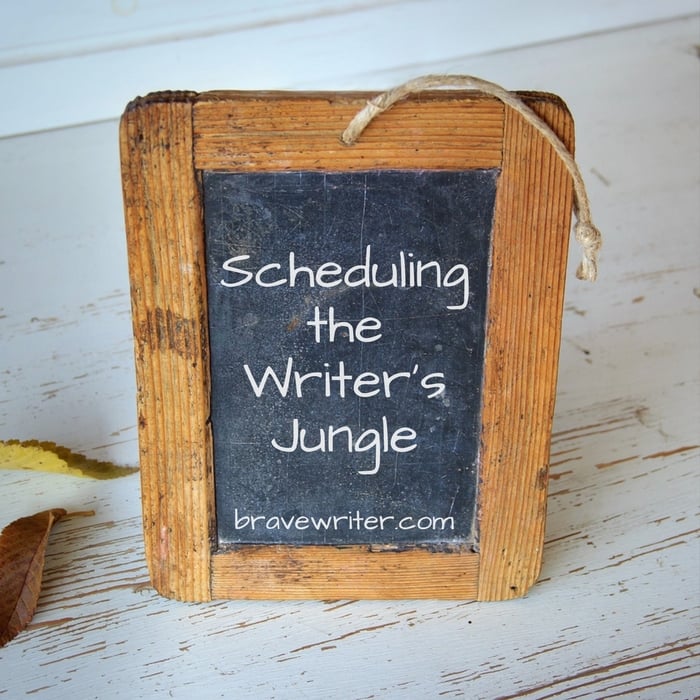I have so much to share about high school that I thought I’d take it a child at a time first. I have two who have “finished” (a relative term as you will see) high school and they couldn’t have tackled it more differently. The principle of “one thing” in the teen years is expressed in the following idea: Momentum is gained when a child is allowed to build on his or her interests and skills one thing at a time. It doesn’t mean that multiple things aren’t going on at once. It means that the center of life (the things that animate and motivate your teens) will get a lion’s share of attention… one at a time. It means that some things (some subjects, requirements etc.) will not be addressed with the same level of commitment as others. This will look different for each child, by the way, just to make it more complicated.
Without further ado, let’s look at Noah, my now 20 year old son who lives in an apartment and goes to University of Cincinnati.
Full disclosure: Jon and I are hopelessly committed to college education. We think it’s the elixir of life. I wander through university quads with my palms up expecting “collegiate smarts” to rain from the skies and bless me, Ultima. So while we always prided ourselves on letting our kids be who they were, are and would be, rock star or plumber, the one silent coercive expectation in our home is that kids go to college. Period. Just like some parents expect their kids to take over the family business, go into the ministry or join the military…. Only see, we didn’t know we were like that. I mean, we thought we were being normal and friendly-like. We never saw that our passionate cheering for UCLA football and slobbering gushes over university professors invisibly cajoled our kids, telling them, “We like people who go to college more than people who don’t…”
Translation: The not-so-hidden-from-our-kids agenda (though well-concealed from ourselves) meant that my educational decisions were directed by the inward push to see our kids get to college. And I would still say that is a reasonable approach to high school education assuming you have kids who show academic aptitude and an interest in traditional modes of education. Assuming… which is just what we did.
Train on wrong track: So while the ideals were noble (college for all our beloveds, and even paid for by us!), the reality that we faced as our oldest made his way through high school and college prep revealed just how stubborn our hidden agenda really was! Noah has never been one to follow the straightest path to our expectations for him (probably because he has enough internal spirit to have his own ideas of how to spend his life). So freshman year of high school looked like a check list of courses that would sweeten his high school transcript not the portrait of a highly creative, curious linguist in the budding. Resistance to school work? Understatement. The high volume tug of war had begun between my anxiety over his future and Noah’s commitment to his valuable present. By midway through sophomore year, Noah pulled the plug. He told us he couldn’t do it any more.
Rerouting the train: Noah knew that he didn’t like traditional education (evidenced by the fact that he wrote poems during his math tests at the local high school where he was enrolled part-time) nor did he feel motivated by the dire predictions that without college, he’d have no future. Instead, he poured himself into the study of Klingon, he read widely, he learned some computer code, taught himself guitar, played the piano, acted in a Shakespeare company, worked for a pizza place and then Barnes and Noble, watched movies, played RPG’s and skipped: chemistry, US history, English in its traditional structure, a second year of foreign language and math beyond Algebra 2. He also hung out with friends and slept a lot. By what should have been his senior year, he stopped anything resembling traditional education.
Getting on board with who he was: It took me three full years to adjust to this new reality: Noah was not college bound, not worried about it, not interested in a graduation or homeschool diploma or party to celebrate the end of homeschool. What interested him? Living one day at a time, one interest at a time. I had to let go (so hard for me to do!) and trust that if college were in his future, he’d discover that without my constant prodding and pushing. I also had to accept (and still do) that college may not be for him. Once Jon and I got past our need to direct him, we enjoyed him! We found his interests truly stimulating. He knew more than we did about grammatical structures, the IPA, Shakespeare and math (he developed an interest in math as a language) than we ever would.
The surprise! At 18 Noah decided to move out to live with friends. We were thrilled for him to feel ready to take on paying rent and living on his own. Then as an after thought about a month later, he said, “If I’m going to live down the street from college, maybe I should go.” Come again? It did not seem possible to me that he would be able to meet the admissions requirements for college. But what do I know? We put together his transcript which included a list of linguistics books he’d read as well as all that stuff he did on his own. UC not only took him, but they waived the courses he didn’t take saying that his linguistics profile combined with what he did study was enough. (He did have one college level Greek class on his transcript, something he took “for fun” during his year off.) And I had been worried…
Today: College is a challenge to Noah. He loves it (just like we hoped he would). But the structure is not conducive to his learning style. He’s not a natural academic. He’s a natural learner. I don’t know if he’ll finish. It no longer matters. What is more important now is to stay tuned into him as he figures out what makes him tick one thing at a time. Backing off in high school made it possible for him to reconsider college because by the time he went, he had not burned out in high school. Additionally, he sought help at the learning center and is able to take advantage of accommodations designed for him (he discovered that he has some auditory processing issues).
I share this story in part to set up conclusions I will post after I share my daughter’s on Wednesday. So stay tuned if this feels like you are still trying to figure out where I’m going. I also have observations to make based on working with hundreds of teens over the last eight years through Brave Writer.























